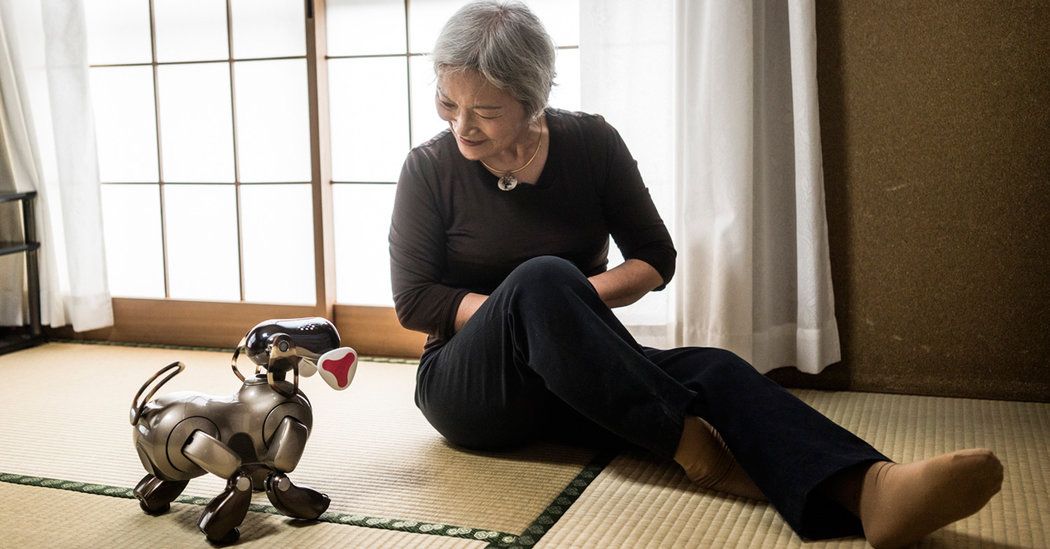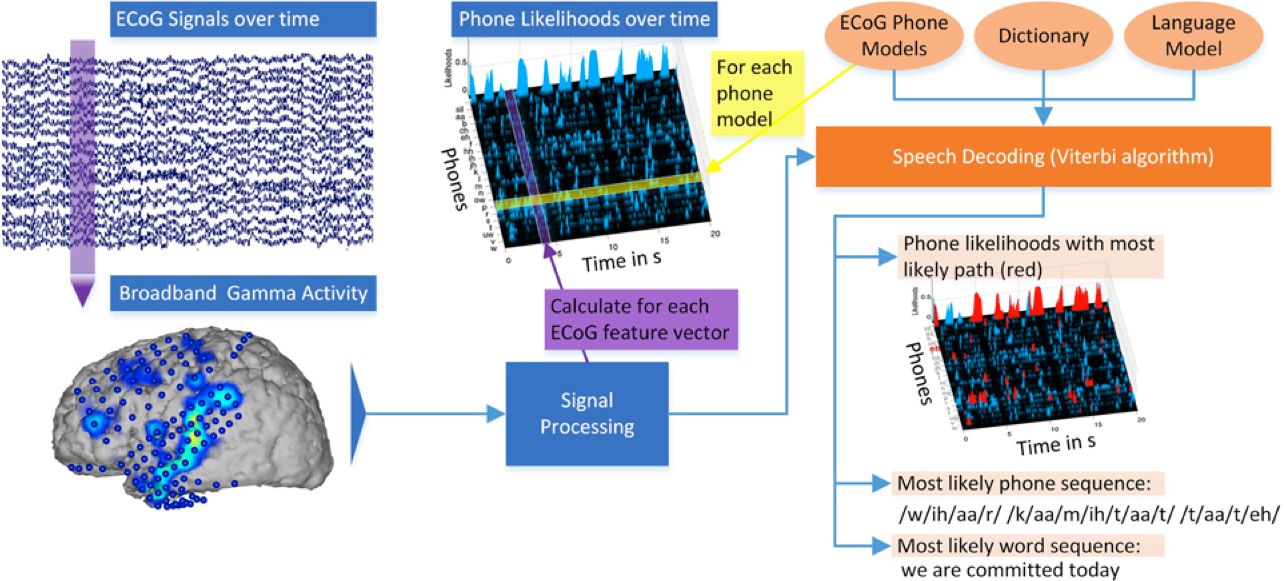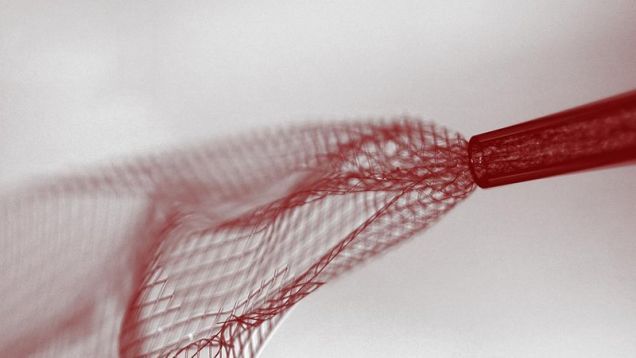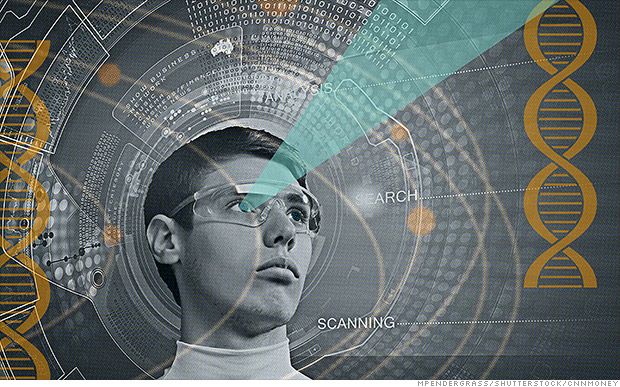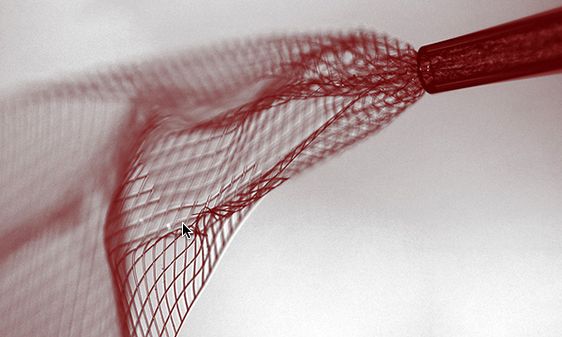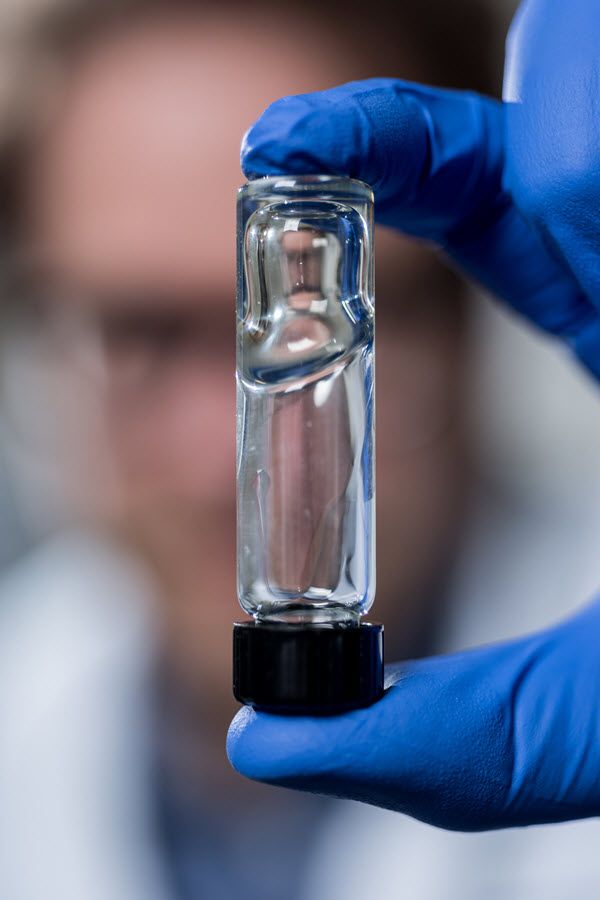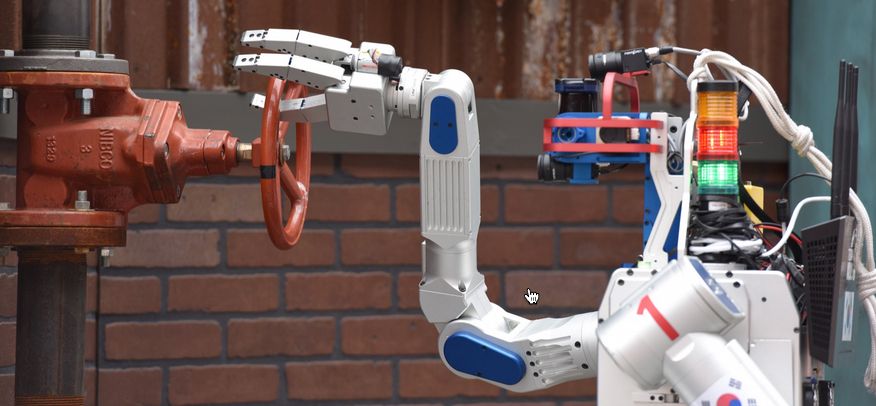Archive for the ‘futurism’ category: Page 1154
Jun 17, 2015
‘Brain-to-Text’ system converts speech brainwave patterns to text
Posted by Sean Brazell in categories: futurism, neuroscience
Brain activity recorded by electrocorticography electrodes (blue circles). Spoken words are then decoded from neural activity patterns in the blue/yellow areas. (credit: CSL/KIT)
Jun 16, 2015
Never Sleep Again, Using This Drug
Posted by Bryan Gatton in categories: biotech/medical, futurism, neuroscience
If there was a drug that meant you never had to sleep again, would you take it? Would those who didn’t need to sleep have special advantages over those who did? All that and a side of zombies, in this week’s episode of Meanwhile in the Future.
Jun 16, 2015
Scientists Just Invented the Neural Lace
Posted by Matthew Holt in categories: futurism, neuroscience
In the Culture novels by Iain M. Banks, futuristic post-humans install devices on their brains called a “neural lace.” A mesh that grows with your brain, it’s essentially a wireless brain-computer interface. But it’s also a way to program your neurons to release certain chemicals with a thought. And now, there’s a neural lace prototype in real life.
Jun 16, 2015
Esther Perel: Sex, Stability, and Self-Fulfillment
Posted by Johnny Boston in categories: education, ethics, futurism, human trajectories, media & arts, philosophy

In the Galactic Public Archives film Click Here for Happiness Prof. Yair Amichai-Hamburger contends that even though technology allows us to connect with one another in unprecedented ways, “loneliness is the disease of the 21st century.” From Hamburger’s perspective, communication technology (coupled with human nature) tempts us to mistake superficial connections for meaningful ones, urges us to value quantity over quality. It creates new opportunities for experiencing the best of what it means to be human, but often our interaction with technology suggests something more akin to an addict on a new drug.
Therapist and author Esther Perel uses this film to explore our ‘existential aloneness’ through a different lens. Much as technology continues to open new doors for connection, the rapid cultural changes of the past 100 years allow us to choose the sort of life we wish to live. We make our most important connections by choice instead of having them mandated to us by tradition. But as is the case with technology, sometimes it isn’t clear if we are primed to use these new opportunities to build more fulfilling lives or simply to frustrate ourselves, building a world where more people feel alone.
Has our increased valuing of independence and self-fulfillment created a fatal conflict with the romantic ideal of ‘the couple?’ Can we have it all or do we need to choose between freedom and belonging? Perel isn’t sure that we can have it all, but she thinks that we can carve out a path that delivers more to more of us than would a retreat into tradition. “Let’s not romanticize the past. I don’t think that the fate of women in those marriages was particularly glorious. It seems that quite a few people were waiting to get out.” Perel argues that the only way that the future of ‘the couple’ can be navigated satisfactorily is if we continue to build upon the social progress of the past century. “You need two people who have equal power to have this communication, or to have this negotiation even able to take place without it being a power maneuver. If it doesn’t happen between two emancipated people it [becomes] a power system, which it was throughout history.”
What do you hope to build in a relationship? What connections do you value? What are your boundaries?
Jun 15, 2015
Ray Kurzweil: Humans will be hybrids
Posted by Sean Brazell in categories: cyborgs, futurism, robotics/AI
Ray Kurzweil, director of engineering at Google, is a noted inventor and futurist who has some big ideas about the future of humans.
Jun 15, 2015
Implantable brain electronics is here
Posted by Sean Brazell in categories: futurism, neuroscience
Mesh electronics being injected through sub-100 micrometer inner diameter glass needle into aqueous solution (credit: Lieber Research Group, Harvard University)
Jun 15, 2015
Creating DNA-based nanostructures without water
Posted by Sean Brazell in categories: biotech/medical, futurism, nanotechnology
Three different DNA nanostructures assembled at room temperature in water-free glycholine (left) and in 75 percent glycholine-water mixture (center and right). The structures are (from left to right) a tall rectangle two-dimensional DNA origami, a triangle made of single-stranded tails, and a six-helix bundle three-dimensional DNA origami (credit: Isaac Gállego).
